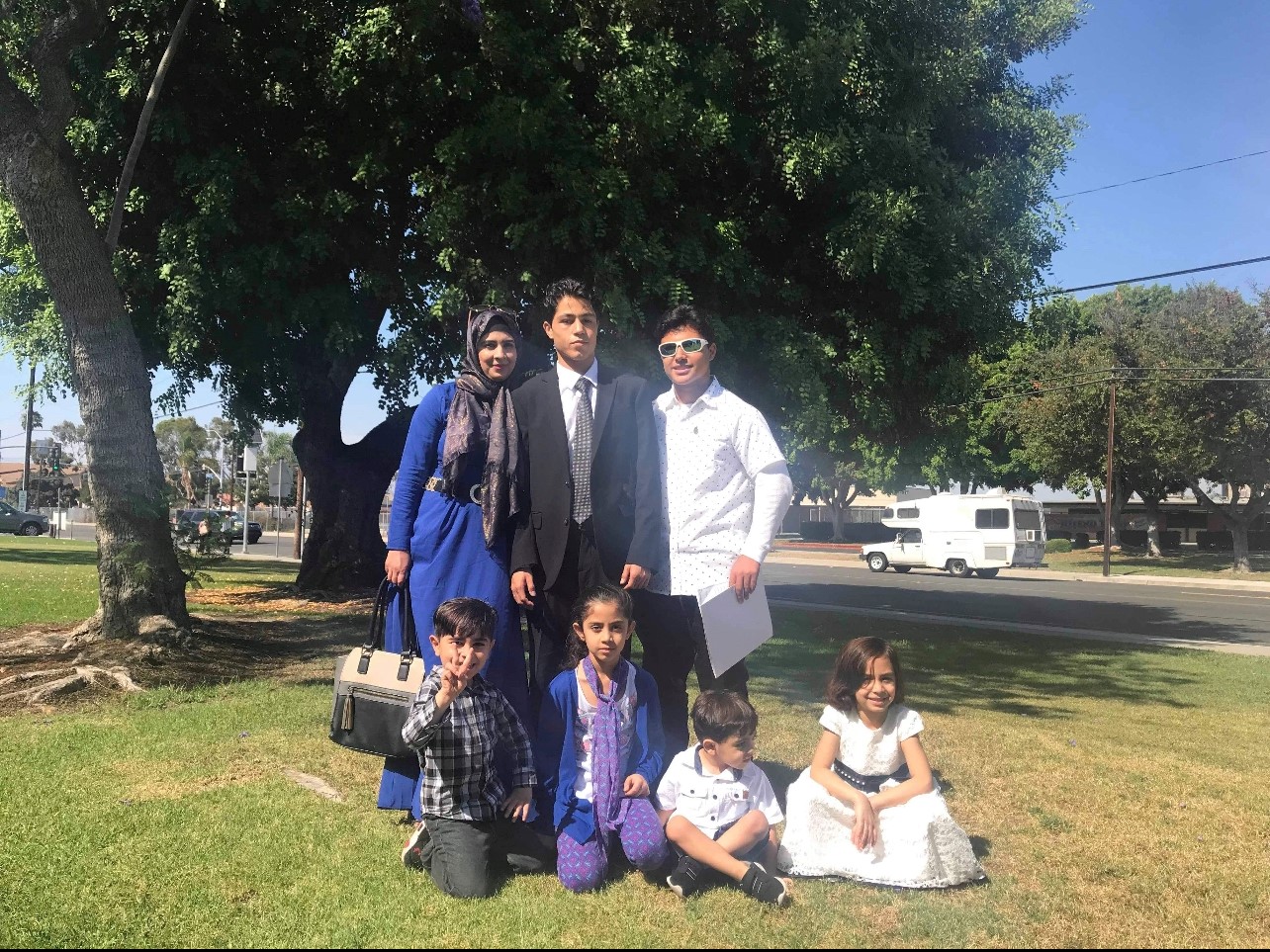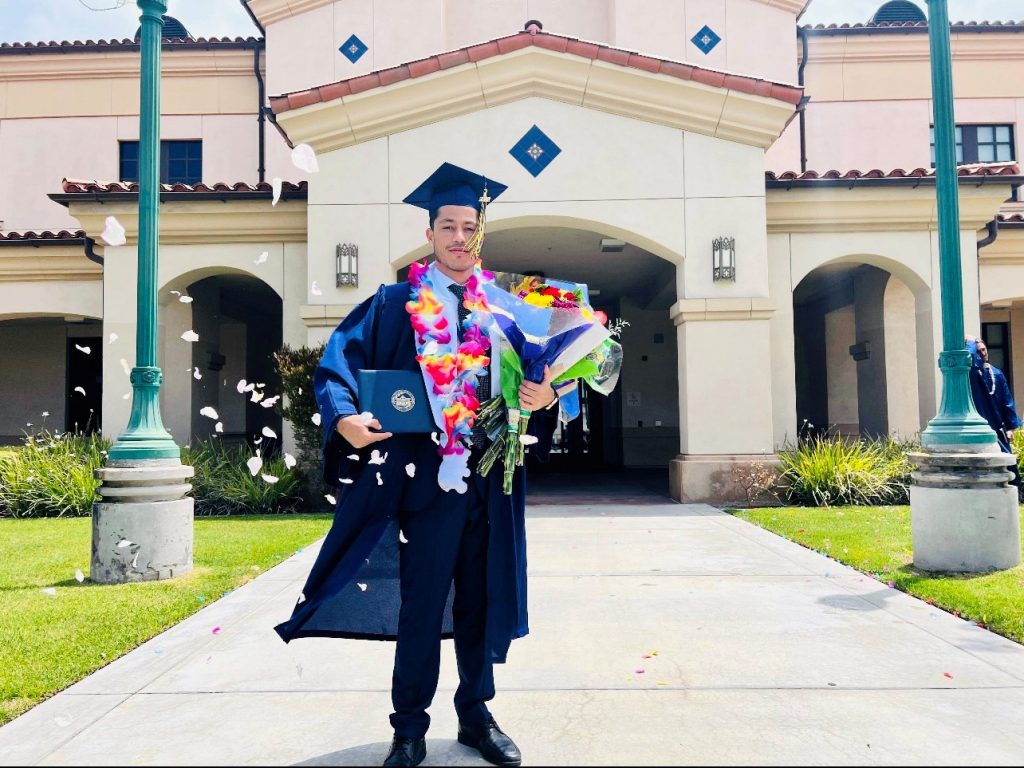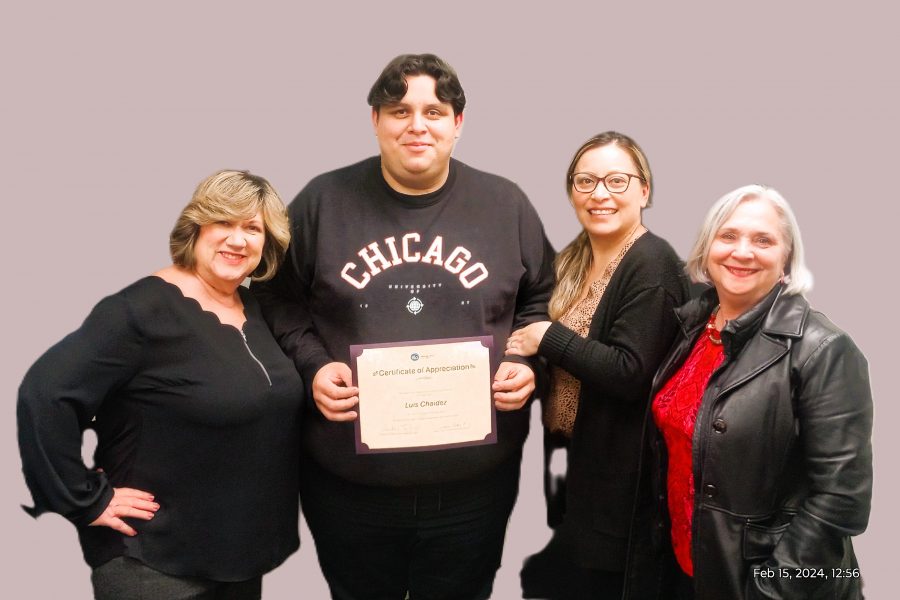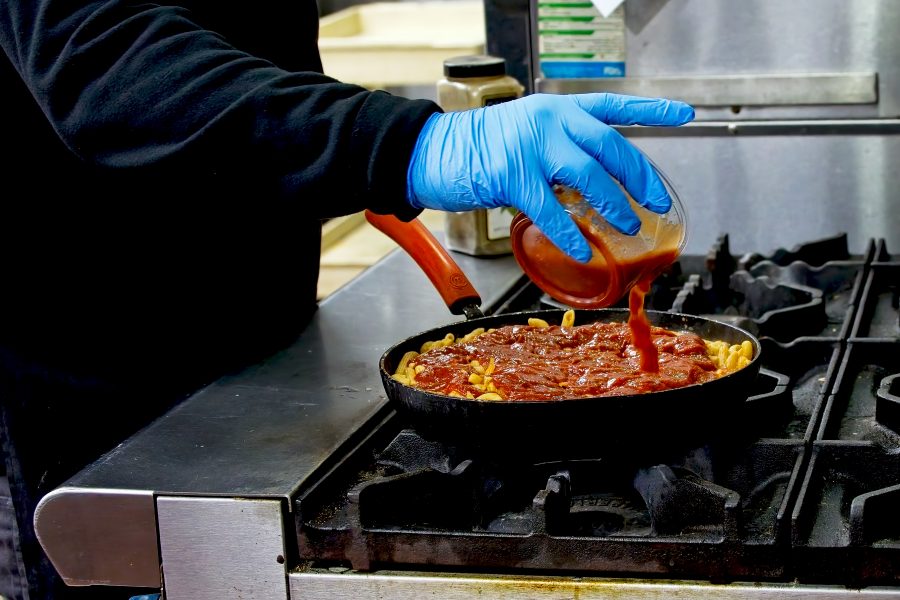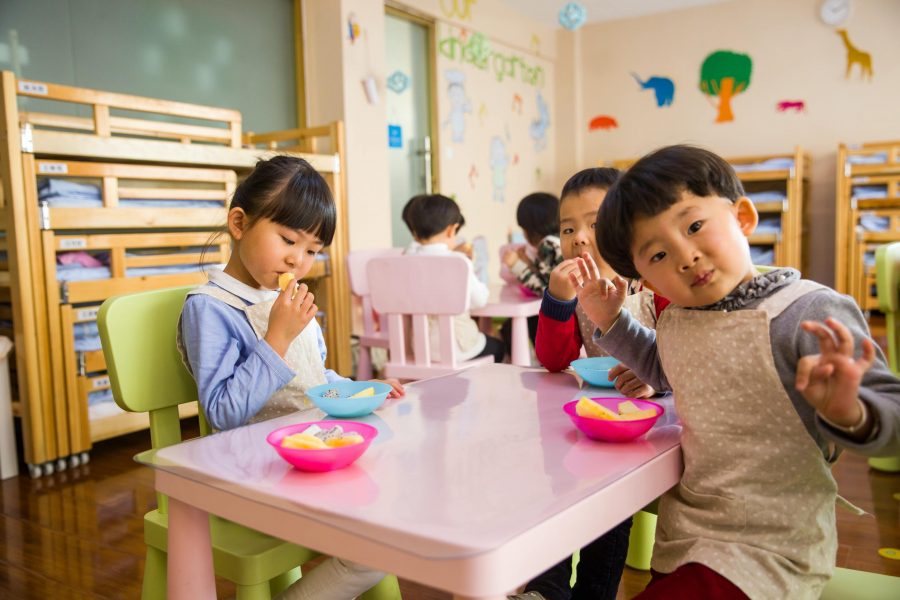June 20, 2022
Staff Spotlight is a series that highlights and celebrates the dedicated staff of International Institute of Los Angeles.
As we commemorate World Refugee Day today and honor the strength and courage of our clients, as well as refugees and displaced peoples around the world, we are sharing the story of one of our Local Integration & Family Empowerment (LIFE) Division case managers, Sahil Sarwari. His story represents not only the resilience of many of our clients, but the hope of what is possible and the care that our staff puts into their work.
Leaving Afghanistan and Resettled by IILA
Sahil grew up in Afghanistan, where his father worked for the US government as a communications officer for 15 years. In 2014, his father was travelling with his employees when their car was attacked by the Taliban. The car rolled down a hillside and Sahil’s father survived but was left with permanent disabilities. Their family was given Special Immigrant Visa (SIV) status, which allowed them to escape Afghanistan and seek safety in the United States.
Sahil arrived in the US in December of 2015 with his entire family. He was 15 years old and as the eldest of seven children, Sahil knew that he had to take on many responsibilities and be a role model.
His family was assigned to International Institute of Los Angeles (IILA) to be resettled in Orange County. Sahil remembers often feeling down and wondering how they were going to survive. Even with IILA’s assistance to receive welcome money, schedule health appointments, apply for benefits, and receive the support and skills to become self-sufficient, they had no friends or close family nearby and no English skills. Life was not easy and resources for Afghan SIV families were extremely limited at that time.
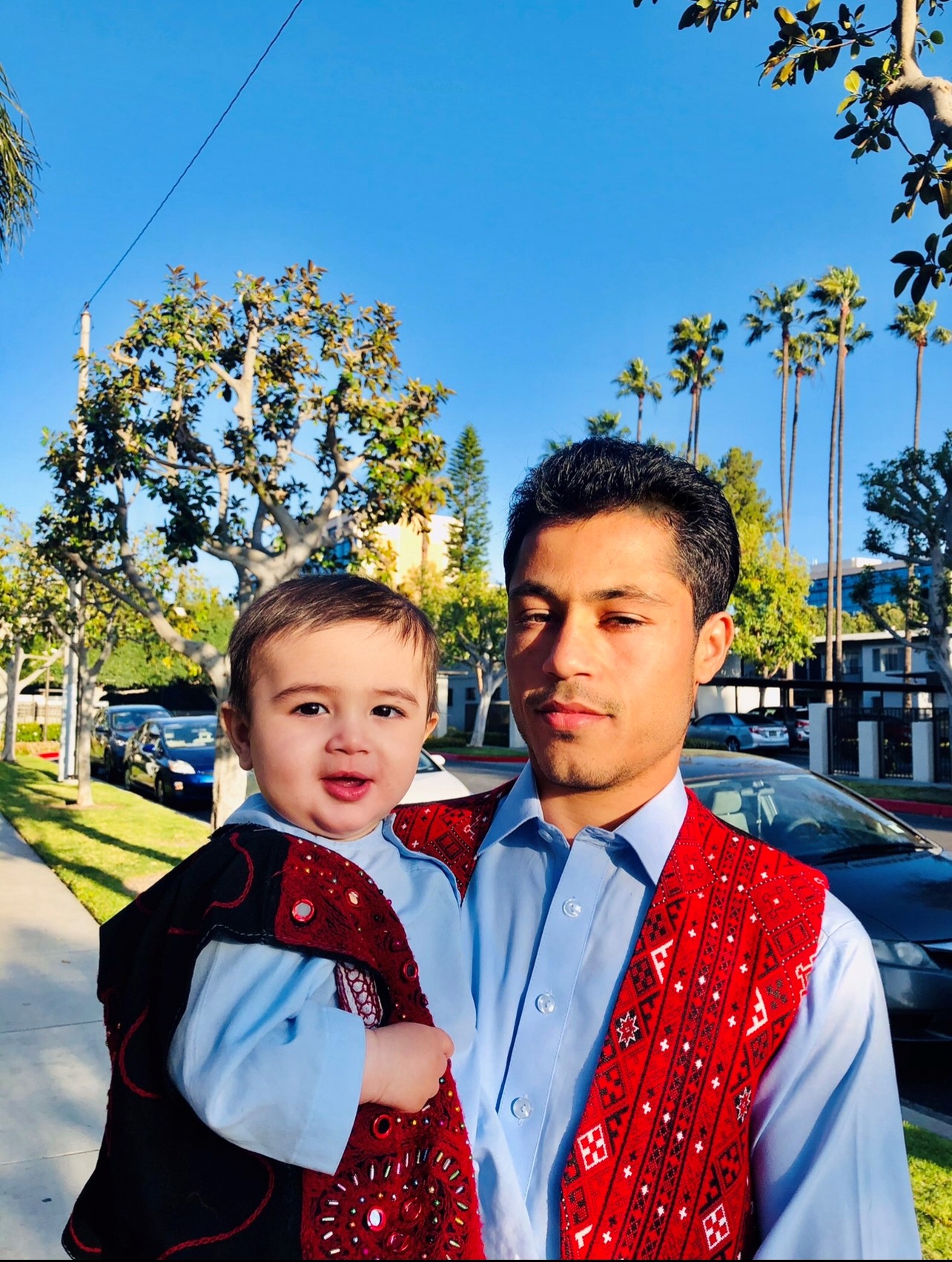 Becoming Resilient, Motivated, and Self-Sufficient
Becoming Resilient, Motivated, and Self-Sufficient
The first several months were very tough as the family struggled to learn English and start their new lives. Sahil promised his mother that he would take care of everything. He enrolled in high school, took additional classes after school, and tried his best to learn English as quickly as possible. “I was 100% focused on learning. I had that responsibility because I was the oldest son. The first months were really hard. It was hard to make friends. There was so much that I was not used to. But I used that experience as motivation to work harder and learn as much as possible.”
Soon, Sahil was volunteering with local nonprofits and the local police department, working part-time jobs to support his family, and earning excellent grades at school. He started building relationships with teachers and counselors and taking on leadership positions to welcome new students. He became a tutor to help students struggling with math and started several clubs to improve school facilities and organize events. After school, he would go to his part-time job until 10 PM and still find time to be a mentor to his siblings, check on their schoolwork, and meet with their teachers.
Turning a Positive Mindset into Service to the Community
Sahil graduated high school with a GPA above 4.0 thanks to college-level courses and he attended Fullerton College where he chose 3 different majors: sociology, self-development, and business. Every month, he met with a counselor who was initially worried about him, but soon saw him excelling at all his classes.
Sahil helped organize the school’s Muslim Student Association and got the school to create a dedicated prayer space for female Muslim students, but also served as a multi-purpose quiet space that all students could use. Sahil built partnerships and made friends across campus through his community mobilization efforts.
Throughout all this, Sahil still felt down and overwhelmed at times. With the help and support of friends and family, Sahil says his motivation comes from looking on the positive side of everything whenever he is faced with something stressful. “Starting with your own mindset, you can give yourself positive energy and motivation, despite what you are going through. That is how even one person can change the world. When you have that positive attitude, a lot of people feel like they can share their thoughts with you and you can better help them.”
This mindset and work ethic have also left an undeniable impact on his family. Sahil’s next oldest brother just graduated high school with a 4.35 GPA. He was accepted to all six elite universities he applied to and plans to become a cardiologist. The next brother is in 10th grade and designing websites for different businesses. The school principal called him a genius and shared his story with local news stations. “I can see the leadership skills in all my siblings. I can tell that they are different from other students when I talk to their teachers. I know that they learn from one another and from me. A leader is someone who lifts up others and can be happy for their success – someone who can give positive energy. I love telling my coworkers that they should be happy and proud of the work they are doing.”
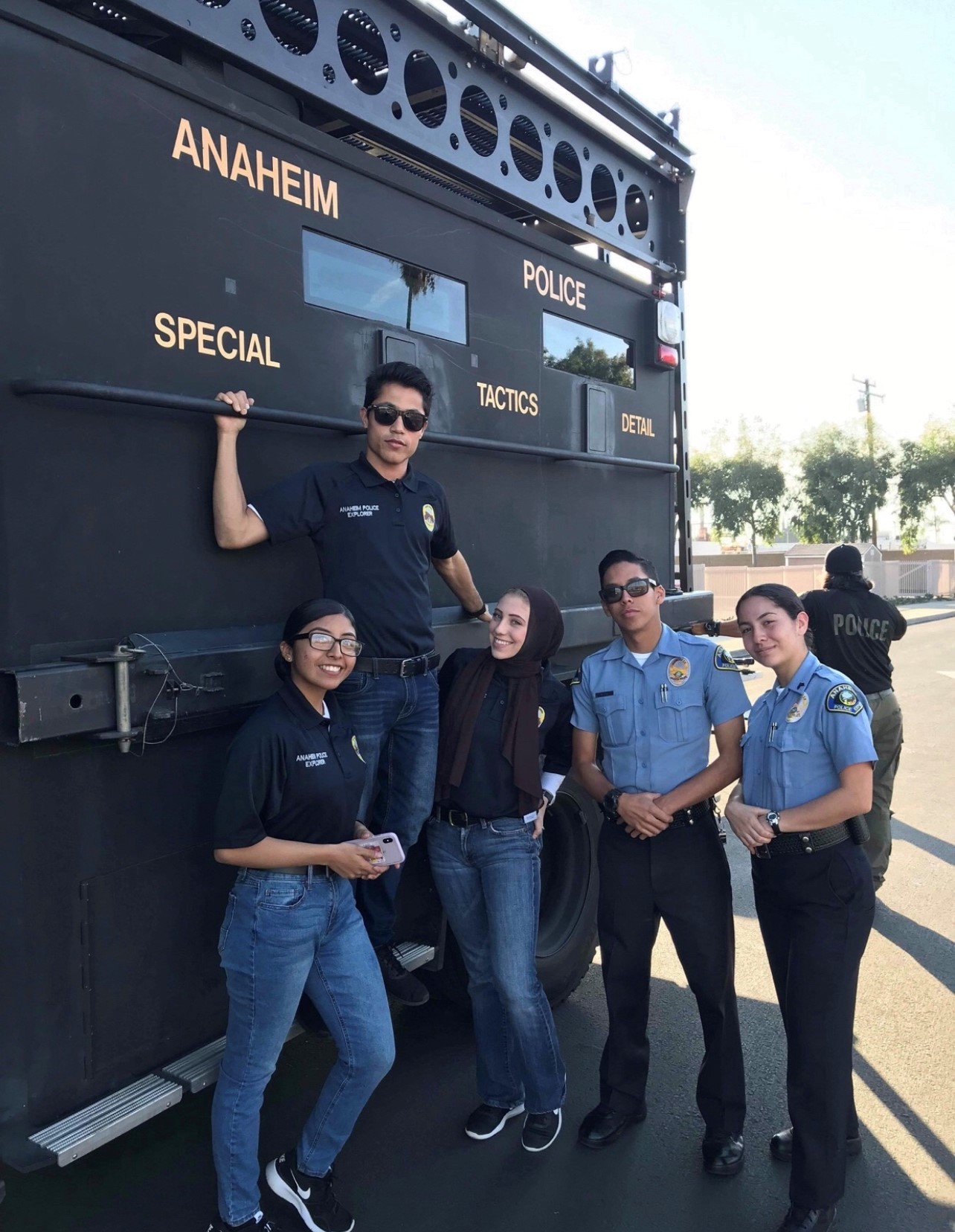 The Fall of Kabul and the Arrival of Hundreds of Afghan Families
The Fall of Kabul and the Arrival of Hundreds of Afghan Families
In August 2021, the Taliban captured the capital city of Kabul and the government of Afghanistan, setting off mass evacuations from the country. Sahil was in his final semester of college when he heard that IILA was hiring a case manager to work with incoming Afghan families. He knew that it was the opportunity for him. Sahil had already been involved with Afghan organizations in Orange County, frequently being called upon to assist at events. He knew the language and culture. Most importantly, he knew exactly what these families were going through.
As hundreds of families arrived in Los Angeles through February 2022, there was one that stuck out to Sahil the most: a family of nine who spoke no English and had no local friends and family. “I saw my family in them completely and immediately. We had been in their exact same situation, but I decided that I didn’t want them to feel how we felt six years ago.”
The resettlement of Afghan families has been a challenging process for government agencies and resettlement organizations across the country, but it is also a great opportunity for many of these families. In 2015, there were very few families from Afghanistan. Sahil remembers, “We got a lot of help from IILA, but we didn’t have a big community around us. We still felt alone.”
Now, as a case manager, Sahil uses his own family’s experiences and lessons learned to help numerous other families. “We’re doing our best and all the staff are trying really hard to help. These families should always feel welcomed, like someone is there for them, not just as a case manager, but like an extended family member. They should feel safe and that they came to a country where everybody will comfort them and prepare them to be self-sufficient. We know it’s hard, but we’re trying our best, not just because it is our job, but because they are so much more than that to us.”
